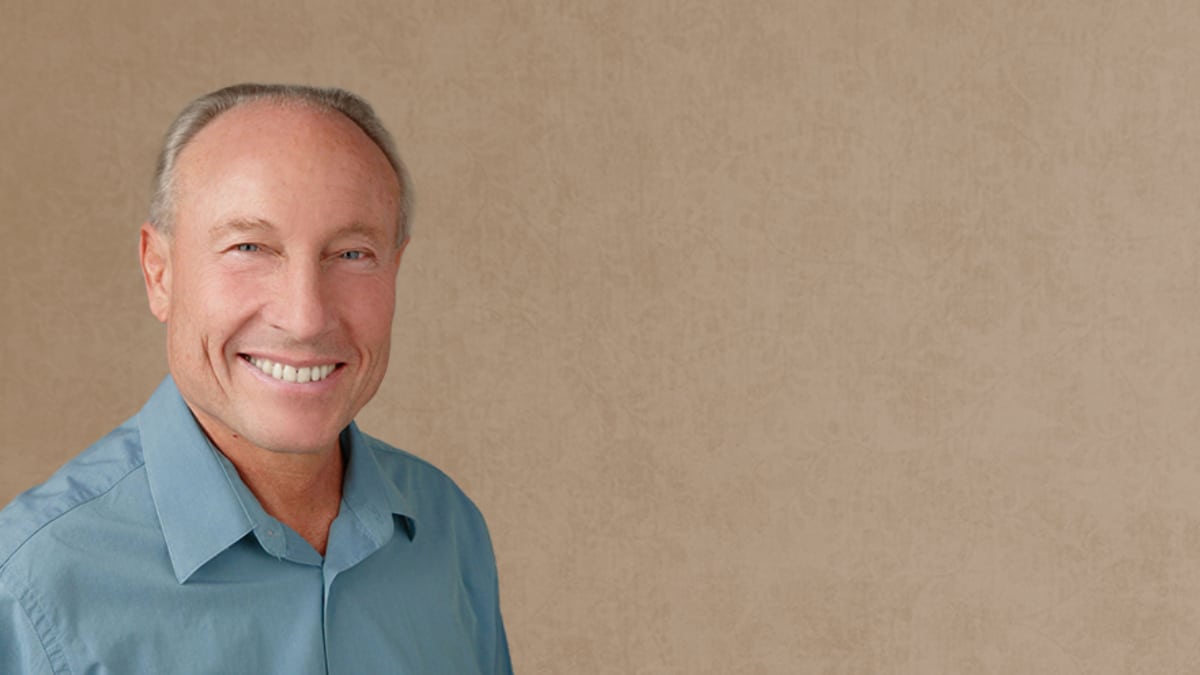How To Not Have Anxiety, Depression, or Killing Rage As Attractor States
By Dr. Keith Witt
/
February 7, 2013


Dogs are so lucky.
Humans consciously exist simultaneously in the past, present, and future and can imagine things. This is so cool, but also tends to make us worry and get defensive because we can anticipate and imagine. Animals rarely have anticipatory anxiety. Your dog is not worried about prostate cancer or flesh eating bacteria, and is not fuming about the neighbor who yelled at him yesterday for barking. Your cat could care less about bankruptcy tomorrow. You can worry or take offense at anything real or imagined. Since brains instinctively try to solve problems, real or imagined threats cause your brain to go into worry/got-to-solve-the-problem mode—in other words, anxiety.Each time we create a brain state, it’s more likely to come back. If we create it enough, we automatically go there in certain situations–it becomes an attractor state.
Three guys attack my house.
As a martial artist, I’ve anticipated endless violent encounters (martial artists do this all the time). A favorite during my thirties was reacting to three guys attacking my house. I would use this scene to make practice more authentic.- First, I’d imagine the breaking glass and footsteps.
- Now, arm myself with knives or wooden swords.
- Next, dial 911.
- Finally, attack! Crush the most dangerous guy first! Destroy him utterly! Now, quickly! Right now! Focus killing rage and screams on the remaining two attackers!
- ATTACK, ATTACK, ATTACK!
It’s good to be prepared.
It’s good to be prepared, but not to have anxiety, depression, or killing rage as attractor states. Let’s look at the light side of attractor states–the possibilities of using them to be stoked and satisfied. Famous psychologist Donald Hebb said in 1950, “Neurons that fire together, wire together.” The more we activate certain states, the more likely they are to become attractor states and default setting for our brains. So, it’s got to pay off big time if we can practice caring, joyful ones.How do we do this?
- Contemplative practice–meditation, centering prayer, yoga, journaling, self-reflection, etc.
- We can always reach for compassion–remembering most people want to be good, but some are better at it than others. Let’s do our best to forgive and grow from our own and other’s imperfections.
- We can interrupt anxious, depressed, and angry states and practice gratitude for who we are and what we’ve been blessed with.
Joy and gratitude are beautiful attractor states.
We can live in progressively more joy and gratitude if we practice them daily. Examples?- Each time you go outside, let yourself feel one with nature.
- Smile ten times a day in situations you wouldn’t normally.
- Compliment two people a day.
- Look your partner in the eyes every morning and night, smile, and tell him or her, “I love you,” while cultivating the sensation of love in your heart and face.
Get my FREE Art and Science of Relationships Series
I’m a licensed clinical psychologist, lecturer and author dedicated to studying, teaching, and creating transformative healing systems. I’ve been practicing psychotherapy for 40 years.
I want to give you access to the really GOOD stuff.
And I want to give it to you free of charge.